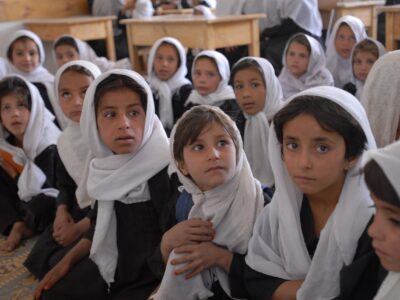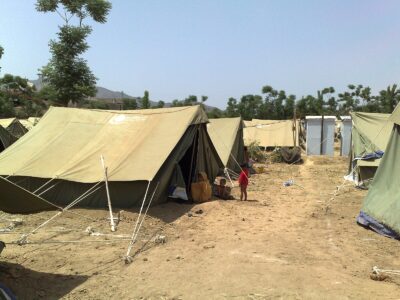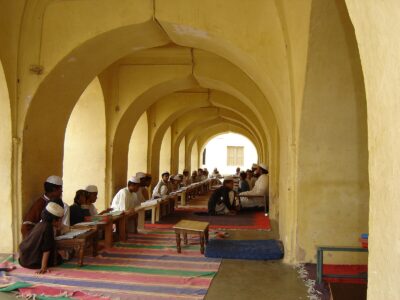4-12-2024
Roxie Burton
Women’s Rights Researcher,
Global Human Rights Defence.
On the morning of December 4th, women training as midwives and nurses in Afghanistan were ordered not to return to their classes in the morning, a step that effectively signals the end of their last route to further education in the country. Several institutions later confirmed this, stating that the Taliban had instructed them to close until further notice. The official decree detailing the ban has not been shared publicly, but multiple media outlets have confirmed that the order was announced on Monday, 2nd December, and communicated to training institutes soon after.
It has been contended that this latest closure is largely in line with the Taliban’s wider focus on preventing women and girls from accessing education, as teenage girls have been unable to access secondary and higher education since August 2021. The Taliban contend that women and girls will be readmitted to school once a number of issues are resolved—such as ensuring the curriculum is “Islamic” – yet, this has not yet happened. Becoming a midwife or nurse, until now, remained one of the few careers that a woman was able to pursue under Taliban rule. Currently around 17,000 women in the country are enrolled in such training courses.
The impact that this may have on women’s healthcare is also of concern. For example, last year the United Nations said Afghanistan needed an additional 18,000 midwives to meet the country’s needs. Afghanistan currently has one of the worst maternal mortality rates worldwide, with the World Health Organisation (WHO) reporting 620 women dying per 100,000 live births. While the UN secretary general noted that a woman dies every two hours in Afghanistan from birth-related complications. Moreover, in Afghanistan, due to “traditional and cultural practices, women in most parts of the country are not allowed to be checked or treated by a male doctor”. With the removal of female midwives, nurses, and medical personnel, the impact on women’s healthcare could be atrocious.
Sources and further readings:
Flora Drury and Turpekai Gharanai, (December 3rd, 2024) “Afghan women ‘banned from midwife courses’ in latest blow to rights” BBC News <https://www.bbc.com/news/articles/cwy3l1035nlo>
Ruchi Kumar, (December 4, 2024) “Rights Group: Afghan women barred from studying nursing and midwifery” NPR <https://www.npr.org/sections/goats-and-soda/2024/12/04/g-s1-36765/afghanistan-taliban-women-nurses-midwives>
Ruchi Kumar and Zahra Joya, (December 6, 2024) “Taliban move to ban women training as nurses and midwives ‘an outrageous act of ignorance’” The Guardian <https://www.theguardian.com/global-development/2024/dec/06/taliban-afghanistan-ban-women-training-nurses-midwives-outrageous-act-ignorance-human-rights-healthcare>








At this time I am ready to make my breakfast, once I have my breakfast I come to this website to read additional news. This is my daily routine.